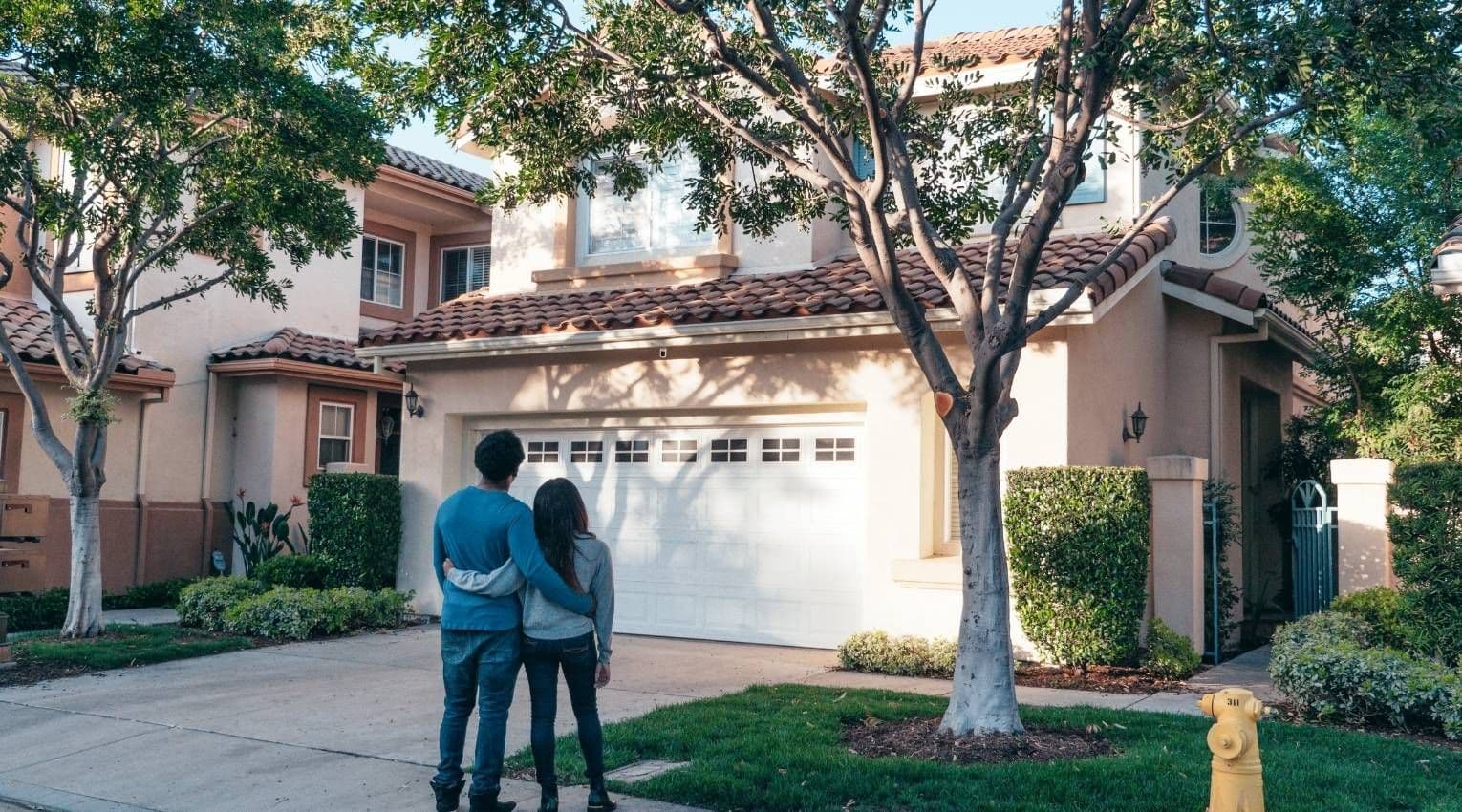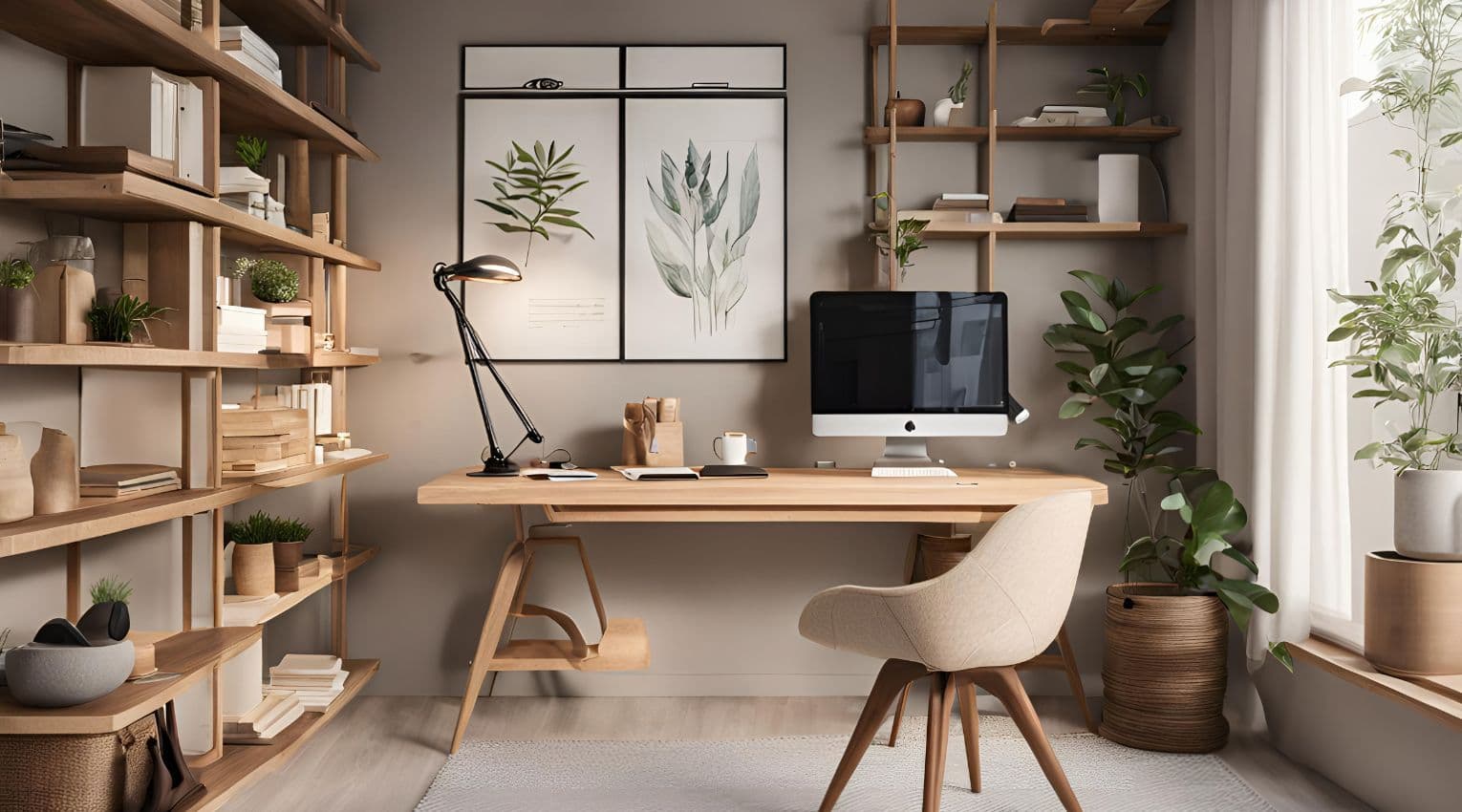10 Things You Should Know About Accessory Dwelling Units

Accessory Dwelling Units (ADUs) are not a new concept, although the acronym may be unfamiliar. Also referred to as granny flats, tiny homes, in-law suite, casitas, pool homes, and guesthouses, these creative spaces have grown in popularity across the U.S., in particular in areas like California where recent laws are creating greater incentives for homeowners and developers to build.
An Accessory Dwelling Unit (ADU) is an attached or detached second house or apartment on a single-family lot.
A Junior Accessory Dwelling Unit (JADU) refers to the conversion of a bedroom within a single-family home into an independent living space.
ADUs have many benefits, for both the homeowner and those seeking rentals. Although some state laws favor ADUs, homeowners should do their homework before leaping into an investment in a second home, as not every city in every state allows them, and the regulations are often changing. Parts of California, Massachusetts, Maine, Arizona, Vermont, Washington, Georgia, and Florida allow them currently. Here are 10 things you should know about ADUs.
- What are the benefits of an ADU for homeowners?
There are many advantages to ADUs for homeowners. If you plan to stay in your home for a long time, the additional income of an ADU can help offset your expenses, support your retirement, and pay off debts. Many homeowners use ADUs to keep family members close, whether they’re elderly parents or children just starting out on their own. In addition, for California residents in particular, ADUs are seen as instrumental in addressing the state’s housing and affordability crisis.
- How many ADUs can you have on a single property?
This can vary by state. For example, as of January 2020, California law stipulates that a single property may have two ADUs: a full ADU and one JADU.
Be sure to check your city laws as well though, as they may have other stipulations to take into account.
- How large is an ADU?
ADUs are typically under 1,000 square feet but in Los Angeles County, for example, these small structures can be up to 1,200 square feet. One to two bedrooms can easily be accommodated. Size will also vary from one city or town to the next.
- Does an ADU have a separate postal address?
Typically, an ADU will share a postal address with the main residence. Rules may differ by county, however, depending on the ADU’s street access. You can request a separate mailing address by following the proper channels in your county. In Los Angeles, for example, the Mapping and Property Management Division processes these inquiries.

- How much does an ADU cost to build?
On average, an ADU costs $156,000, according to the Terner Center at UC Berkeley. But DIY homeowners can build an ADU on their property for as little as $50,000. Of course the cost will depend on other factors including materials and size.
If you’re converting a garage or basement, costs may be even lower. Rental ADUs can pay for themselves within seven to 10 years depending on what you’re able to charge for rent and the cost of building the unit.
- What other costs are involved in owning an ADU?
As with your primary home, there are other costs to consider in becoming a landlord. You should factor in building costs, which include permits and fees, hiring a contractor and architect, and an inspector.
Some cities that aren’t quite as keen on the tiny home trend charge upward of $50,000 in what they call “impact fees” which can include utility costs, school fees, and park fees, to dissuade homeowners from building these units on their properties.
Once your rental is ready, other costs to consider include gas and electric, water, insurance, and regular upkeep. Take the time to make sure you’re financially prepared to manage and maintain an ADU on a long-term basis.
Read more: Are you Financially Prepared to Buy a Second Home? »
- Does an ADU impact taxes?
This is dependent on your city and state, and may impact your property taxes. However, your taxes will increase based on the value of the ADU. Check with your county’s Office of the Assessor for guidance.
If you’re renting your ADU, you’ll need to pay taxes on the rental income you earn. If the ADU is on your residential property, you may be able to deduct a certain percentage of the upkeep costs.
- What financing options are available for ADUs?
Once you have a handle on what it may cost to build and maintain your ADU, it’s time to explore your financing options.
Read More: 4 Ways to Finance Your In-Law Suite Home Addition »
4 Ways to Fund an ADU
Home Equity Loans: These loans offer a large cash amount that can be used to pay for construction with a fixed or variable interest rate.
Home Equity Lines of Credit (HELOC): Similar to credit cards, HELOCs have preset limits. You can draw (or borrow) as much or as little as you need and pay it back with interest and principal in regular installments.
Reverse Mortgages: For those 62 and older, you can borrow against your home equity without monthly fees. However, the loan must be repaid as soon as the borrower dies or moves.
Home Equity Investment: This option enables you to tap into your home’s equity in exchange for a minority stake investment in the home. A home equity investment, like those offered by Hometap, can provide up to 25% of your home’s value in cash in exchange for a share of the future value of your home, all without monthly payments.
Read how one L.A. Homeowner Used a Hometap Investment to Build an ADU »
- What best practices do successful landlords follow?
Becoming a landlord is akin to running a business. You should expect to have increased demands on your time, attention, and wallet. Owning a rental property is not a “set it and forget it” venture. From tenant screening to electronic payments, setting appropriate rents to inspections, there are myriad details to manage. Seek professional guidance where you can and set limits on your “office hours” so your rental business doesn’t run you.
- Are states supporting ADU construction?
That varies from state to state, but we’re starting to see some legislative changes taking place in different cities across the U.S. In addition to a host of new ADU laws favoring construction, California has assembled guidance for interested homeowners. The approval process, for example, has been expedited so interested parties can get started right away. Your city and county may also have its own rules that you’ll want to familiarize yourself with.
ADUs are an innovative approach to state housing challenges while providing an additional source of income to homeowners. California has enacted a series of laws to reduce the barriers to entry for homeowners considering an ADU, and we may see other states facing similar housing demand issues following their lead. Financing options like Hometap’s can provide the capital to build these creative spaces on your existing land without the stress.
Tap into your equity with no monthly payments. See if you prequalify for a Hometap investment in less than 30 seconds.
You should know
We do our best to make sure that the information in this post is as accurate as possible as of the date it is published, but things change quickly sometimes. Hometap does not endorse or monitor any linked websites. Individual situations differ, so consult your own finance, tax or legal professional to determine what makes sense for you.
Related Tags:
Accessory dwelling unitMore in “Financial Goals”

Can You Afford Your Mortgage on a Single Income? A Guide for Life's Transitions

The Complete Costs of Buying and Selling a Home

